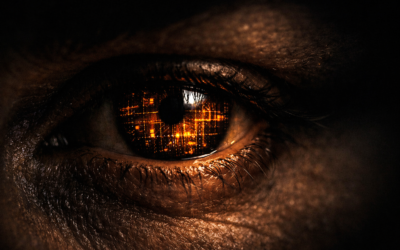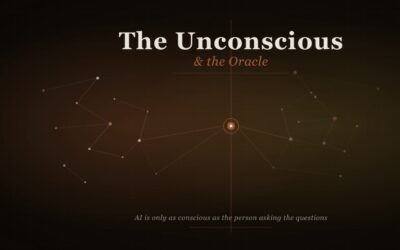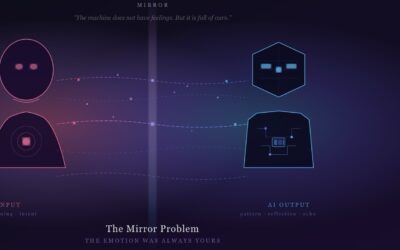I watched Abby Phillip’s segment on CNN today, and as always, I appreciated the space it creates—one where even Republicans are invited to the table and can express themselves without losing it. It’s a rarity these days. Though I’m not a fan of Scott Jennings, I find it interesting to watch these discussions unfold.
Today’s topic was DEI (Diversity, Equity, and Inclusion), and it was striking. Two Black women, including Ashley Allison, shared their experiences—how they were qualified yet consistently the least paid in the room. They explained, they used analogies, they laid it out clearly. And yet, watching Jennings and Arthur—the other legal guy, the Italian one—struggle to grasp it was almost predictable.
Because here’s the thing: no matter how simply you explain it, no matter how many examples you give, some people just won’t get it. Not because they’re incapable, but because they’ve never had to feel it.
For a long time, I didn’t think much about these things either. I was naive, assuming fairness was the default. Sure, racism existed, but I thought everyone got treated equally, more or less. Looking back, I now realize how much I overlooked—things done to me, around me, the subtle ways people signal that they don’t quite see you as equal. It’s hard to pinpoint, but you know when it happens.
And that’s the gap. Privilege isn’t always about wealth or opportunity; sometimes, it’s just not having to fight from the start. If you’ve never had to be hyper-aware of how you’re perceived, never had to push twice as hard for half the recognition, how do you understand what it feels like? You don’t. You either see it, or you don’t. You either want to understand, or you don’t.
That’s why these conversations often feel like running in circles. You can’t make someone feel something they’ve never had to experience. And maybe that’s the real challenge with DEI—not just policies, but empathy. And how do you teach that?




0 Comments